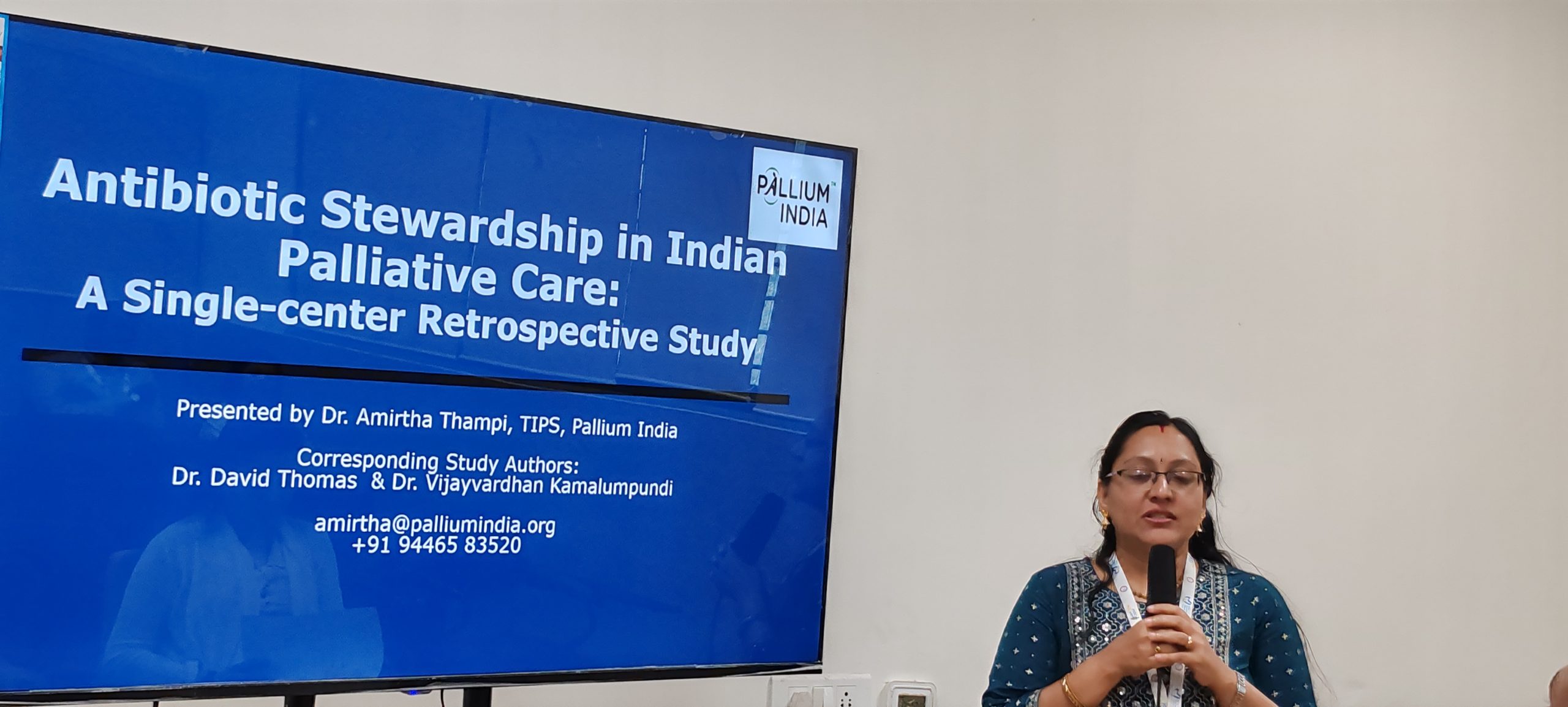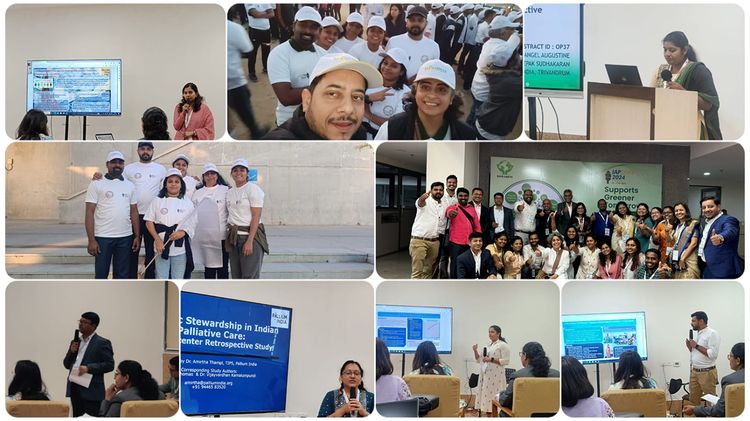Research

Research
Researchers from nursing, medicine and social work assist the design, execution and publication to address the questions that arise in low and middle income settings.
Research and Quality Improvement Subcommittee
We welcome collaboration between international scholars and Pallium India to deepen our collective understanding of the successes and challenges faced by the palliative care field in India. As is often the case when clinical and advocacy needs are overwhelming for a non-governmental organization, there is limited time to empirically validate the achievements or to document lived experiences.
International academicians and researchers can serve an important role for Pallium India as mentors and as collaborative co-writers, editors for grants, research proposals and publications. Expertise in quantitative and qualitative methods will serve to strengthen our work in the field.
We invite researchers and academicians to join the Research Committee at Pallium India Inc (USA) to promote the study of palliative care in India. For more information, please contact info@palliumindiausa.org.
In particular, short-term help in terms of editing abstracts, papers and research proposals would be very valuable.



Want to volunteer with the Research and Quality Improvement Subcommittee?
Our Work
Contact Details
Social Media
